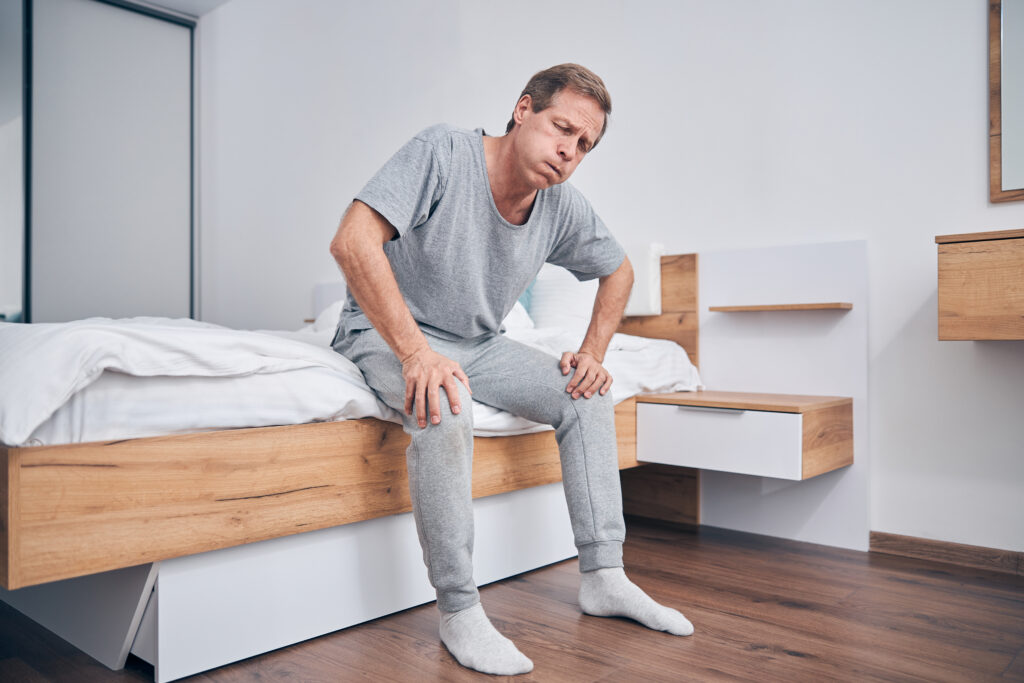Introduction
Pilonidal sinus is a small tunnel or tract in the skin, usually near the tailbone. It can cause pain, swelling, and sometimes infection. Many people look for natural remedies for pilonidal sinus. Ayurveda, an ancient Indian healing system, offers gentle and holistic ways to manage this condition. In this blog, you will learn about Ayurveda for pilonidal sinus, including natural remedies, treatments, and prevention tips.
Symptoms and Causes of Pilonidal Sinus
Pilonidal sinus often starts as a small dimple or sore. Over time, it may become swollen or filled with pus. You may notice:
Usually, hair, sweat, and friction cause pilonidal sinus. Sitting for long periods or wearing tight clothes can make it worse. Sometimes, family history plays a role. According to the CDC, good hygiene and regular cleaning may help lower the risk.
Ayurvedic Perspective on Pilonidal Sinus
Ayurveda sees pilonidal sinus as a result of imbalances in the body. It links the condition to trapped toxins and poor digestion. In Ayurveda, this problem may be called “Nadi Vrana,” which means a sinus tract. The focus is on removing toxins, healing the wound, and restoring balance. Therefore, Ayurveda uses herbs, therapies, and lifestyle changes to support healing.
Common Ayurvedic Remedies and Treatments
Ayurvedic treatment for pilonidal cyst includes natural remedies and therapies. Here are some common approaches:
However, always consult a qualified Ayurvedic practitioner before starting any remedy.
Prevention Tips Using Ayurveda
Ayurveda also focuses on prevention. Here are some tips to help prevent pilonidal sinus:
In addition, regular self-care can lower the risk of recurrence.
When to Seek Medical Help
Although natural remedies for pilonidal sinus can help, some cases need medical care. Seek help if you notice:
Sometimes, surgery or antibiotics are needed. The World Health Organization recommends seeing a doctor if symptoms get worse or do not improve.
Conclusion
Ayurveda for pilonidal sinus offers gentle, natural remedies and prevention tips. These approaches may help manage symptoms and support healing. However, every person is different. Consult a qualified Ayurvedic practitioner for personalized advice.

